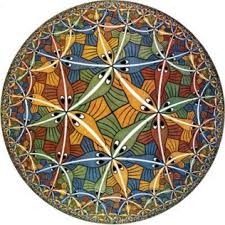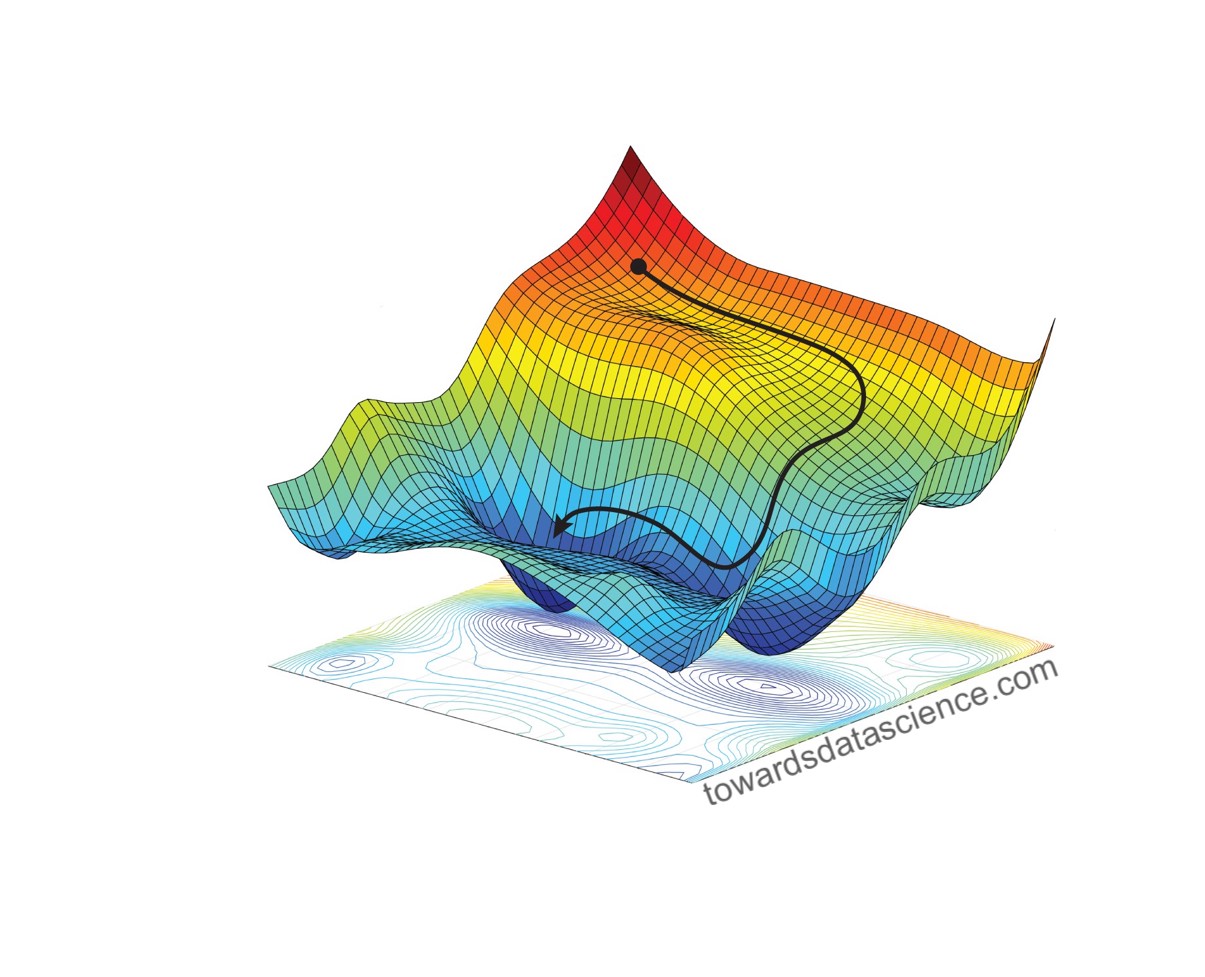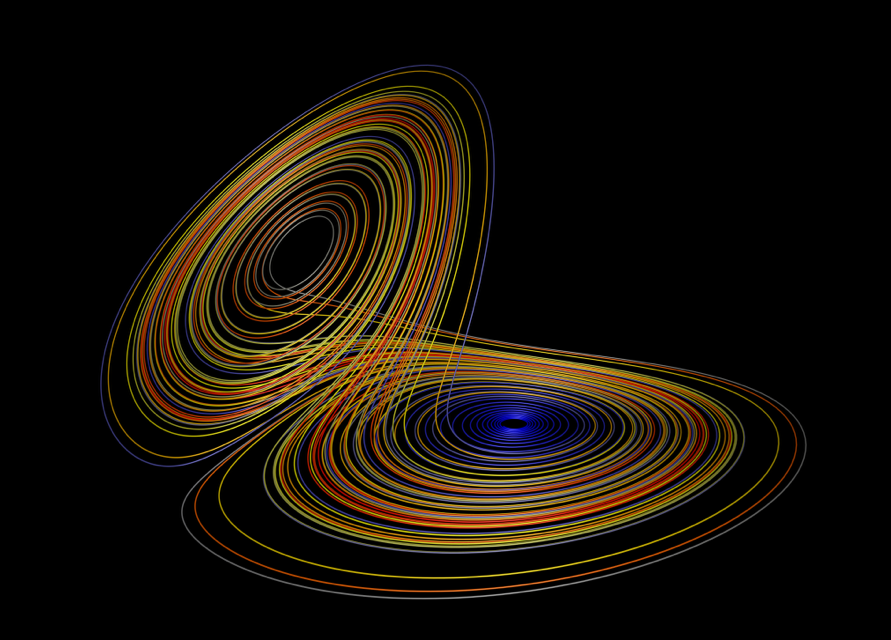- Instructor: Natalie Frank
- Instructor: Harriet Simons
Applied Statistical Modeling is offered as a second course in statistics in which we present a set of case studies and introduce appropriate statistical modeling techniques for each. Topics may include: multiple linear regression, logistic regression, log-linear regression, survival analysis, an introduction to Bayesian modeling, and modeling via simulation. Other topics may be substituted for these or added as time allows. Students will be expected to conduct data analyses in R
- Instructor: Duy Nguyen

Numbers started life as adjectives. Three apples, seven mortgages, fifteen bicycle tires. Then, one day, long long ago, they became nouns and number theory was born. For thousands of years people from every corner of the world have been fascinated by numbers and the many secrets that they keep. Our collective knowledge of the subject grows at an accelerating clip, only outpaced by an ever greater view of the breadth of our ignorance. In this course, we will survey the periphery of the vast, deep, and ancient theory of numbers. Along the way we will learn how to read, write, analyze, and construct rigorous mathematical proofs. Some topics on our agenda include: primes, unique factorization, Diophantine equations, modular arithmetic, quadratic reciprocity, algebraic numbers, and arithmetic functions. No experience with number theory or proof writing will be assumed.
- Instructor: Trevor Hyde

In mathematics we prove our theorems--that's how we know they are true. But how do we know our proofs are correct? For centuries we dreamt that mathematics could be formalized: reduced to combinations of simple rules which could be mechanically verified. However, achieving this degree of rigor requires inhuman levels of precision, patience, and tedium. With the advent of computers we found a tool perfectly suited for job. Recent advances in mathematics, software development, and artificial intelligence have brought the dream of formalization finally within reach. In this course we will learn about and take part in the project of formalizing mathematics. We will learn how to use the computer proof assistant Lean and study its mathematical foundations: dependent type theory.
- Instructor: Trevor Hyde
- Instructor: Sophie Farr
- Instructor: Natalie Frank
- Instructor: Qiaofeng Zhu

